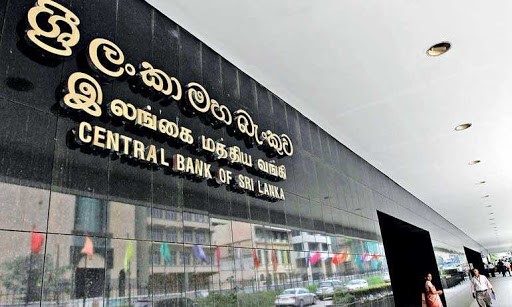Blunt policy tools, a far cry from the ‘ ‘social market economy’’ are now being used by the Central Bank on the directions of Governor Nandalal Weerasinghe and his colleague Treasury Secretary Mahinda Siriwardena.
Bilindly using these policy tools along with preemptive debt default announced by Governor Nandlal Weerasinghe is dragging the country into deep economic abyss where the government and the people cannot come out in their lifetime, economic analysts claimed.
Professor Prema- chandra Anthukorala, a renowned expert on trade policy said the following in a recent conference organized by Advocata “In an economy where anti-tradable bias has underpinned vulnerability to the crisis by building up a massive debt overhang
it is necessary to combine ‘expenditure reducing’ policies with policies aimed at ‘expenditure switching’ from non-tradeable to tradable production in the economy. Therefore banning imports will only aggravate the nontradable bias, preventing the transformation into an export-oriented economy. He said.
Advocata institute suggested that Instead of depending on import bans and quantitative restrictions with a myriad of exemptions that only distorts the market, the government should move towards a more uniform tariff structure abolishing the ‘para-tariffs’ that have contributed to the anti-export bias in the economy.
Implementing policies that support the reform process is essential to macroeconomic stability. Policies counter to this can worsen macroeconomic stabilisation
The Ministry of Finance temporarily suspends the importation of over 300 items on the recommendations of Governor Nandalal without considering its repercussions or looking before leep before pushing hundreds of thousands of small business men and women ,persons engaged in MSMES , industrialists and self-employed into jeopardy.
This move tightens already existing import restrictions on imported goods while completely banning the importation of goods ranging from chocolates, and household appliances to raw materials such as aluminium bars and rods.
This policy change comes into effect in a market that is already facing acute shortages of essential goods. Imposing such a suspension of imports will have a significant negative impact on an economy which is already facing a severe crisis.
The import ban is presumably due to shortages of foreign exchange. These arise from macroeconomic imbalances and must be addressed through tight monetary and fiscal policy.
To curb excess demand the government needs to close its deficit by reducing non-essential spending and capital expenditure and raising revenue, particularly focusing on new streams of revenue including asset disposals. Better monetary policy is already showing results, fiscal policy must follow suit.
The proposed import ban will put a significant number of businesses that are dependent on imports in a difficult situation. The most crucial impact will be on Micro, Small and Medium Enterprises dependent on imported inputs for their production process.
The livelihood of street vendors, businesses dependent on selling raw materials and the construction and apparel industries will face severe hardship as a result of these import bans. Also affected will be Sri Lanka’s tech industry as a result of the ban on the importation of electronic equipment.
Net economic losses in the wider economy will increase as this restricts competition. These economic inefficiencies will have to be borne by consumers through higher prices, fewer jobs and reduced economic activity.
This will add to the country’s economic woes and lead to new black markets and corruption. This will also negatively affect exports as some important items needed to produce exports need to be imported.
Therefore the current policy is counterintuitive. Investments will move away from exports to import substitutes and non-tradable goods sectors.
Moving towards an export-oriented economy is the only plausible answer to the country’s severe woes. Import restrictions and similar bans will hamper such a transformation.
In order to face the challenge of forex shortages, the tariffs can remain temporarily high in accordance with the WTO rules. This will be a step toward the ‘social market economy model advocated by the President and the reformers in Opposition. Current policy is a decisive step back from this model.
